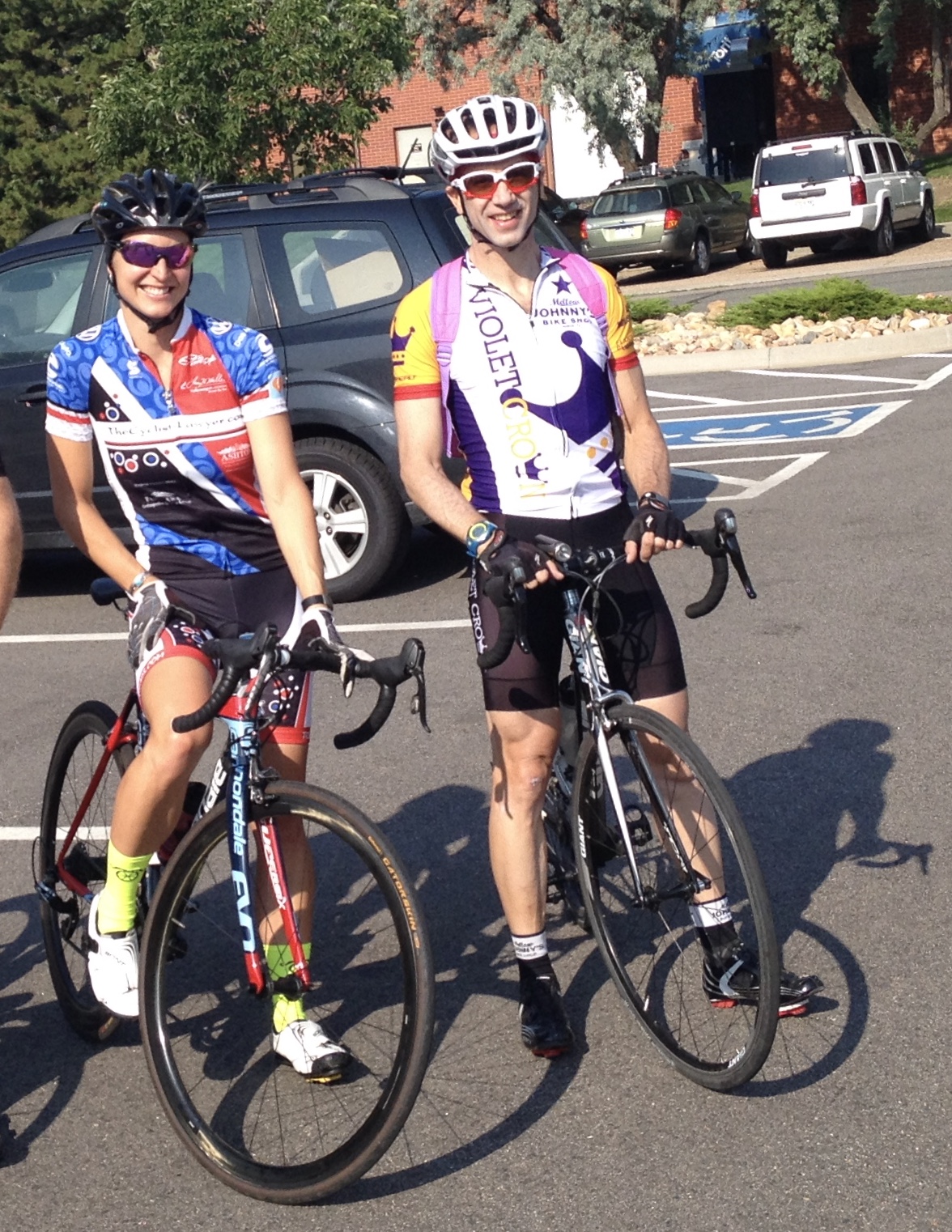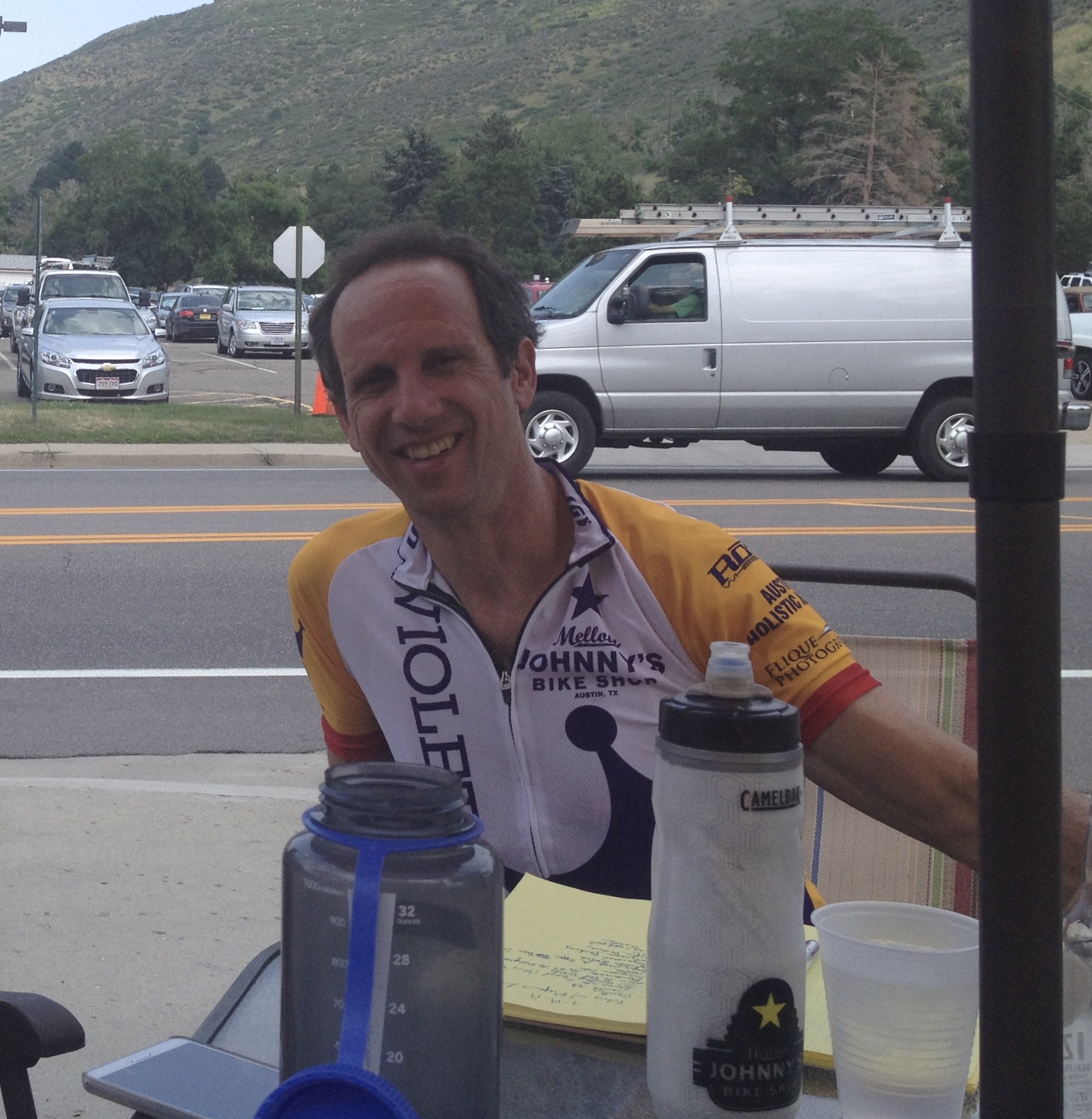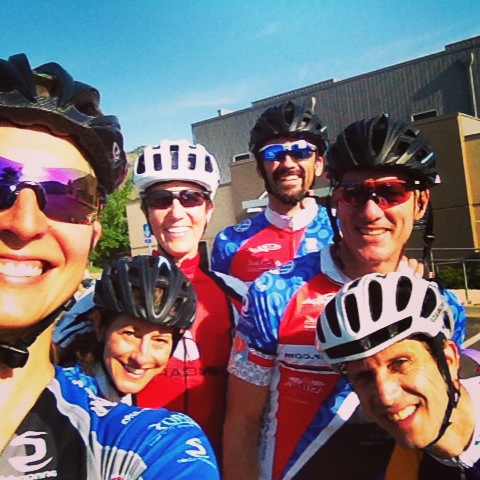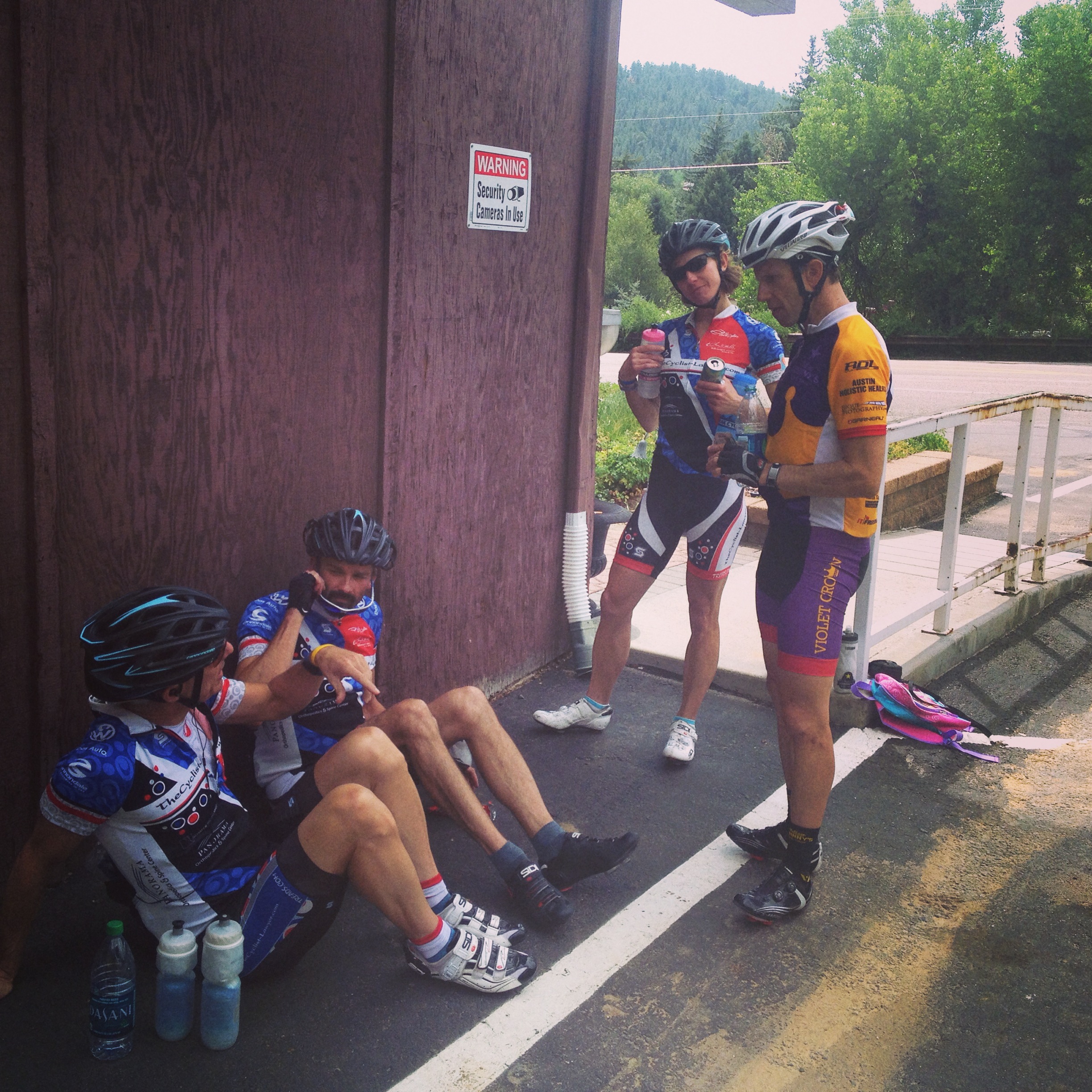“Education and awareness are always the way to go and the results can be most rewarding for all. I hope this helps everyone become better bike ambassadors on the roads, paths and trails.”
Guest Post by Gerry Stephenson – Cyclist, Commuter, and Bike Ambassador
*Gerry uses the Cycliq front and back bike cameras.
Hi, my name is Gerry and I have been cycling since 2001. Presently, I commute to and from work about eight to nine months a year and have been doing so the last four to five years. My route varies from 10-12 miles and includes both road and bike paths. When I ride, I always try to be a safe rider and educate others when it makes sense.
While commuting home on June 29th, 2018, I was riding north on a neighborhood street approaching a T-intersection. It was late afternoon; traffic was very light. I noticed a car and a fire truck preparing to come on the road behind me. The car passed with plenty of room before the intersection and my impending right turn. However, to my surprise, the fire truck driver decided that they had enough room to pass me only to turn right in front of me with clearly not enough space. I had to brake hard to avoid being hit. It should be noted that the fire truck had no flashing lights or sirens on at the time.
Footage captured from Gerry’s Cycliq bike camera.
I did not attempt to confront the driver or squeeze in to the right of the truck. I did swear and was very upset at this close call. Knowing that I had this entire incident recorded with my Cycliq bike cameras (front and rear mounted cameras), I chose to wait until I got home and review the video and decide what to do. Cooler heads always prevail, and my focus is always on educating others, be it drivers or cyclists, in times like these. After reviewing the video, it was very clear that the fireman was at fault for not allowing me the three-foot rule, and I felt that they did not realize the actual size of the vehicle they were driving.
I emailed the fire department and very politely explained what had happened and included the video of the close call. I never once mentioned that I wanted the driver of the fire truck reprimanded or charged. What I asked for was an apology, and that this video be used to show and teach the department to be mindful of cyclists. Later that evening or possibly the next day, I received an email from the fire department apologizing and promising to add this video footage to their department training. This incident was reported by the liaison to the fire department commander as well.
First response from the fire department’s liaison:
“Hi Gerry,
First let me send you my apologies for the incident with our department, I have notified the Lieutenant and Battalion Chief on duty the day of your incident and the Chief of Staff is aware and corrective actions will be taken.
I will make sure the Chief gets your video and we will be sure to use it as a training piece in our driver/operator program so this never happens again.”
Second email from the liaison:
“I believe a lesson learned/corrective action is being written, then it will go to the whole Department, then I believe the Fire Chief will send it to you.”
My Email:
“Hi, I truly appreciate your timely response and apology. I try my best to be very viable and obey all the rules of the road while cycling and all I ask in return is that all drivers do the same. So that you know I have a great contact for training in the matters of cycling and traffic laws. Her name is Megan Hottman; she is a lawyer that helps educate everyone on the laws of Colorado. She has done many classes all over the state for law enforcement and the cycling community. If you are interested I can put you in contact with her. Thank you again.”
A couple of weeks later, I received another email confirming that the fire department had in fact updated their training for the entire department and would be sharing this training with other towns.
“Here is the ‘Lessons Learned’ that was made from your incident. It has been made required training for all crews on our department and was reviewed by all the command staff.”
The following is an excerpt from ‘Lessons Learned’:
Background: In June, a fire truck was responding non-emergent to a commercial fire alarm in a neighboring district. While proceeding northbound on Main, fire truck passed a bicyclist as both were approaching a T intersection. Fire truck Engineer determined that, at the current speed, he could safely pass the bicyclist, and proceeded to do so. The pass and lane change were made into the right turn lane. Upon review of the video provided from the cyclist perspective, it appears that clearance was closer than intended.
Generic Corrective Actions:
1. A general review of the Colorado state laws regarding passing of a cyclist.
§ 42-4-1003. Overtaking a vehicle on the left
1. The following rules shall govern the overtaking and passing of vehicles proceeding in the same direction, subject to the limitations, exceptions, and special rules stated in this section and sections 42-4-1004 to 42-4- 1008:
a. The driver of a vehicle overtaking another vehicle proceeding in the same direction shall pass to the left of the vehicle at a safe distance and shall not again drive to the right side of the roadway until safely clear of the overtaken vehicle
b. The driver of a motor vehicle overtaking a bicyclist proceeding in the same direction shall allow the bicyclist at least a three-foot separation between the right side of the driver's vehicle, including all mirrors or other projections, and the left side of the bicyclist at all times.
c. Except when overtaking and passing on the right is permitted, the driver of an overtaken vehicle shall give way to the right in favor of the overtaking vehicle on audible signal and shall not increase the speed of the driver's vehicle until completely passed by the overtaking vehicle.
2. Be diligent in making sure that the perspective and safety of the cyclist is given a greater regard.
· Always be aware of the size of, and space needed for the engine to maneuver.
· Be sure to maintain constant Situational Awareness (SA) while driving apparatus and avoid becoming complacent about driving responsibilities due to mental focus on the incident the apparatus has been dispatched to.
· If there is any question as to the safety of a pass, yield to the cyclist, and do not pass.
Note: The name and city of the fire department in this incident have been omitted at their request as well as any public sharing of the video.







